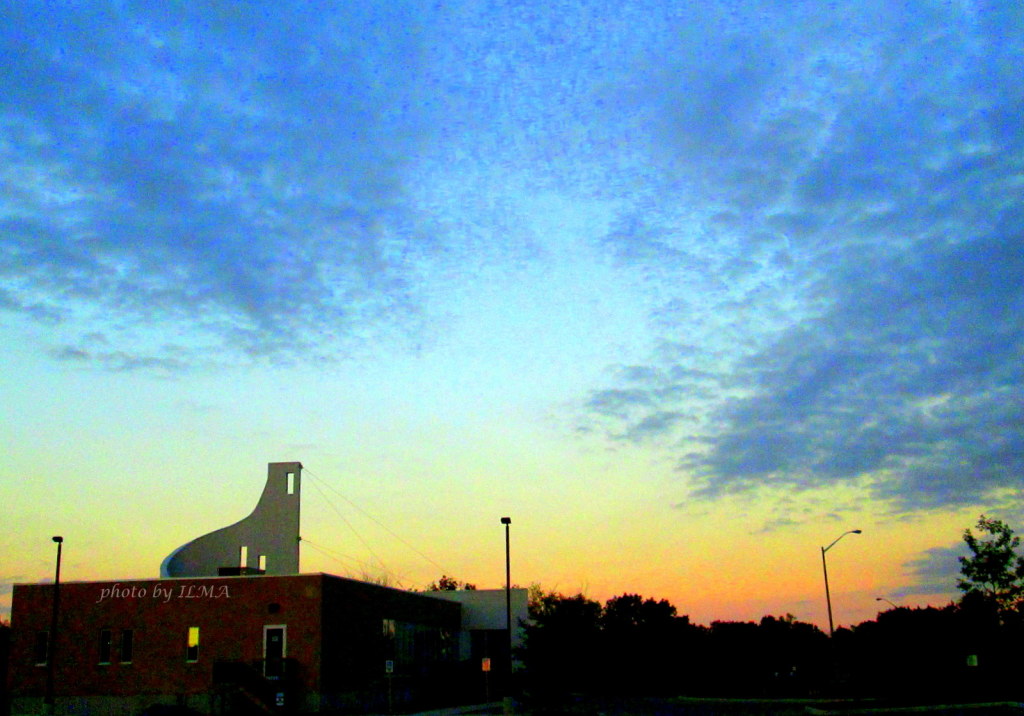PROVERBS 17
25 A foolish son is a grief to his father
and bitterness to her who bore him.
26 To impose a fine on a righteous man is not good,
nor to strike the noble for their uprightness.
27 Whoever restrains his words has knowledge,
and he who has a cool spirit is a man of understanding.
28 Even a fool who keeps silent is considered wise;
when he closes his lips, he is deemed intelligent.
– Proverbs 17:25-28
PROVERBS 17 ON RESTRAINING WORDS
A poem by ILMA inspired by these verses
Those who know how to control his tongue is wise
But anyone who does not guard his mouth is a fool
Only when you close your lips can you actually hear
But a fool is someone who cannot shut his mouth
When a fool restrains his words, he can seem wise
But an incessant talker conveys much silliness
Aim to restrain your tongue so you can gain wisdom
Be quick to hear and slow to speak so you can be prudent.
We live in a world full of noise. Every person wants to be heard but no one wants to listen. Social media platforms encourage individuals to voice out their opinions, viewpoints, complaints, criticisms and all kinds of self-indulgence on how good they are. The world focuses on “look at me” or “listen to what I think.” Many people have taken freedom of speech to the extreme that they do not care if they hurt others.
Solomon speaks about the importance of restraining our words in this Proverb. Even fools look intelligent when they guard their mouths. He repeats this in Ecclesiastes 5:2 when he said “Do not be quick with your mouth, do not be hasty in your heart to utter anything before God. God is in heaven and you are on earth, so let your words be few.”
REFLECTION
- Why do you think people have a tendency to use many words instead of few?
- What happens when we don’t guard our mouths with the words we utter?









